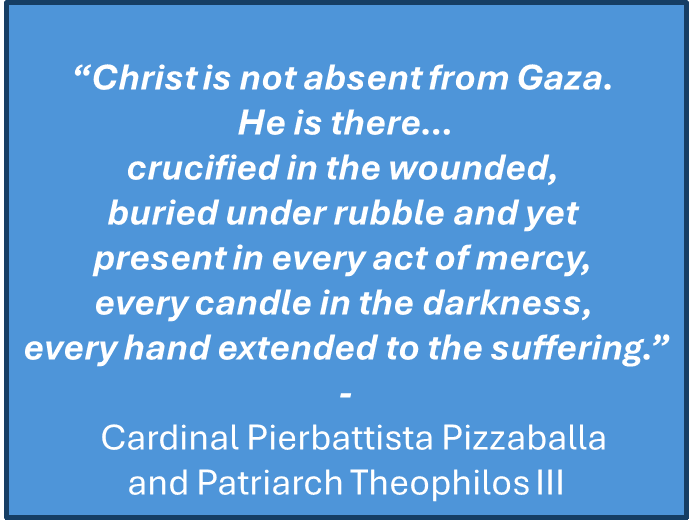Adapted from homily by Deacon Steve.
Most of us are familiar with the story of Jonah. God wants Jonah to warn the Ninevites that they have forty days to straighten out or God is going to overthrow them. After resisting God's call because he doesn't want the people of Nineveh to be shown any mercy, Jonah finally heads to Nineveh and gives them God’s message. Deep down inside Jonah can hardly wait to see what God does to the Ninevites. But, sure enough, “the people of Nineveh believed God,” and turned from their ways and put on sackcloth and fasted. They in fact change their ways and so, God relents and does not bring destruction down on them. Jonah goes away sulking and angry over God’s kindness to his enemies.
This story points out that God is not the fearful One, that we sometimes call the “Old Testament God”. The God of Jonah is in fact the God of Jesus, the God who is loving and merciful to all people. God’s mercy is not limited to one or two groups of people, but extends to all people beyond any limits we may conceive.
Jesus proclaims in our Gospel reading, “The time is fulfilled, and the kingdom of God has come near; repent and believe in the good news.”
In the minds of most Christians, the primary meaning of "repent" is to look back on past behavior with "sorrow, self-reproach, or contrition" for what one has done or omitted to do - sometimes with an amendment of life. However, the English word “repent” is used to translate the Greek word “Metanoia”. Scholars believe the translation of metanoia as repentance is "an extraordinary mistranslation". In fact, translators only use it because there is no English word that can adequately convey the meaning of the Greek word.
The real meaning of metanoia is not about a superficial change of mind. Rather it involves a complete transformation of consciousness, a change in the trend and action of our whole inner nature, including intellectual, affectional and moral. It is an overwhelming change of mind, heart and life. And this, we know, is only brought about by allowing the grace of God and the Spirit of God to open our hearts and minds.
In a writing from one of the Church Fathers called “On Spiritual Perfection” the author writes, “Anyone who loves God in the depths of their heart has already been loved by God. In fact, the measure of a person’s love for God depends on how deeply aware they are of God’s love for them... When this awareness is keen it makes whoever possesses it long to be enlightened by the divine light, and this longing is so intense that it seems to penetrate their very bones. The person loses all consciousness of themselves and they are entirely transformed by the love of God.”
Thus our 'metanoia' occurs only through the grace of God, by our constantly and gradually becoming aware of God’s love for us. Our gospel writer is trying to tell us, in the stories of the apostles as they were called by Jesus, that in encountering the Lord, the apostles were entirely transformed by the love of God, by Christ. And so they lose “consciousness of themselves” and “immediately” follow Christ. The immediacy of the conversion of the apostles in our story, is meant to dramatize the effect of God’s love in our lives, when we are truly open to it.
Our world today, as we no doubt are aware, is in need of this transformation. The world needs to see followers of Christ who are truly transformed by the love of God. For us to be that transformative presence to our brothers and sisters it is important for us to grow and experience the love of God in our hearts. A love that is always offered to us by God’s grace. Not only in our private and liturgical prayer. More importantly, we can experience that love of God as we learn to contemplate each person we encounter, especially those people who suffer in poverty, addiction, imprisonment, illness, loneliness and dying.
Let us remember that our Eucharist celebrates the love of God for every person in the world. It is a reminder to us to not only contemplate the divine, the mystery in this sacrament, but to also go out and contemplate the divine and the mystery of God in every person we encounter, but especially those who suffer.












